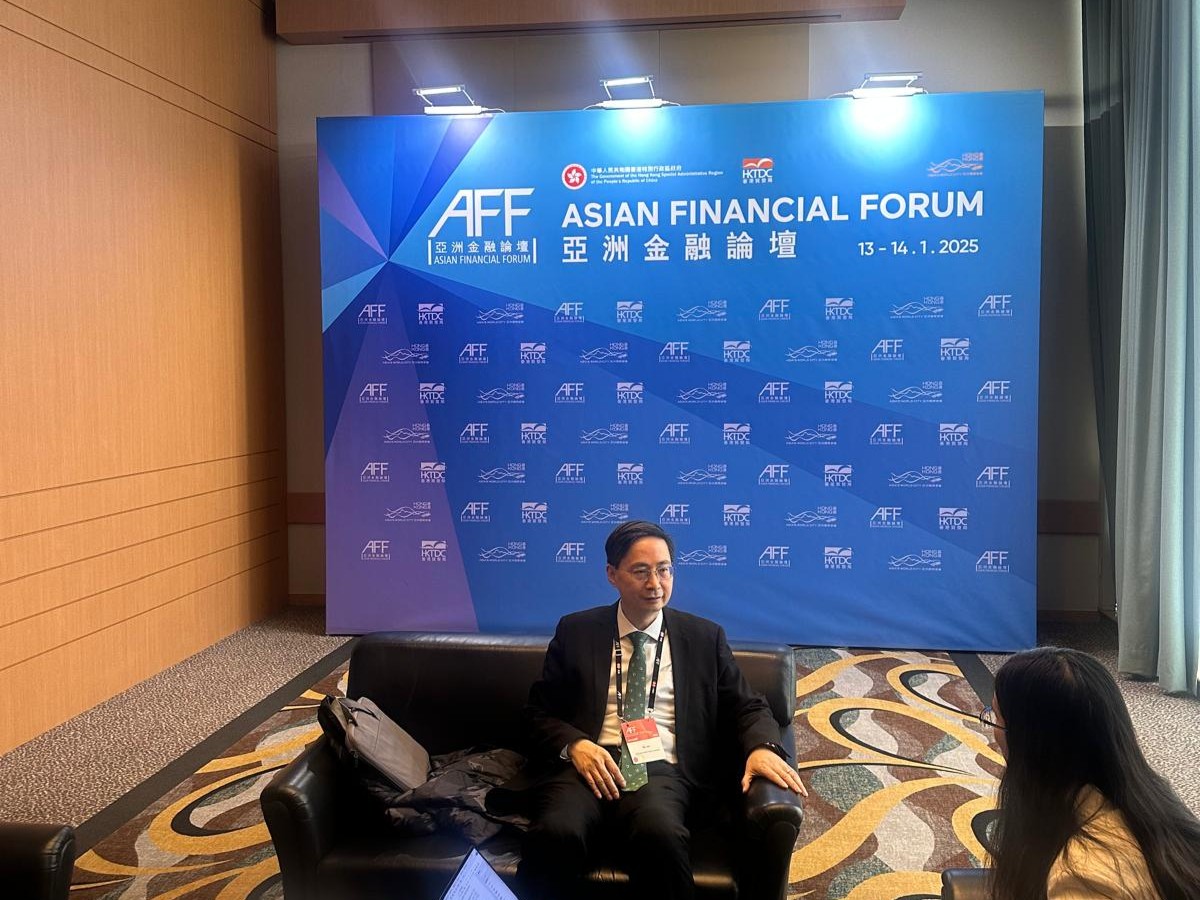
Dr. Ma Jun shared his insights on leveraging private capital and developing innovative financial instruments to support China's transition to a low-carbon economy during a recent interview at the Asian Financial Forum (AFF) with China New Finance and Economics ( 中新经纬).
Attracting Private Capital for Green Projects
During the interview Dr. Ma emphasized the crucial role of private investment in green finance, stating that government funding alone is maybe not enough to meet the substantial financial demands of environmental protection and pollution control. He highlighted the following incentive mechanisms as vital for attracting private capital:
- Central Bank Carbon Reduction Tools: These tools provide low-cost funding for environmentally friendly projects.
- Local Government Subsidies: Dr. Ma cited the example of Huzhou, a city in Zhejiang province, which has successfully utilized fiscal subsidies to stimulate private investment in green projects. Huzhou, once reliant on heavy industry, has seen a 40% annual growth in green loans for seven consecutive years. Green loans now constitute 34% of the city's total loans, positioning Huzhou as a global leader in green finance.
Transition Finance: Expanding the Scope of Green Finance
While green finance traditionally focuses on "pure green" projects, which represent a relatively small portion (10-15%) of GDP, Dr. Ma underscored the importance of transition finance in facilitating the decarbonization of carbon-intensive industries such as steel, cement, and aviation...etc. Transition finance, with its broader scope, addresses the remaining 85-90% of the economy, offering a significantly larger market potential than traditional green finance.
Developing a Robust Framework for Transition Finance
China is in the stages of developing transition finance, with frameworks being established. Dr. Ma, drawing on his experience co-chairing the G20 Sustainable Finance Working Group, outlined five key pillars for a successful transition finance framework:
- Standards for Transition Activities: Clear definitions of eligible projects are essential to prevent "greenwashing." China employs a catalog-based approach to define specific pathways and targets for various industries.
- Information Disclosure: Transparency in transition projects is crucial for building trust and accountability.
- Financial Tools: Innovative financial instruments are needed to support transition activities.
- Incentives: Lowering financing costs through subsidies, guarantees, and central bank tools can encourage private sector participation.
- Just Transition: Addressing potential social consequences, such as job displacement, is paramount. Requiring re-employment plans as a condition for financing can help ensure a just transition.
He mentioned local governments in China have already started developing transition catalogs, and the central bank is working on a national-level catalog based on these local experiences. Including encouraging Private Investment in Transition Projects.
Conclusion: A Global Imperative
Both green and transition finance play an essential role in supporting China's low-carbon objectives and contributing to global climate efforts. By continuing to refine incentive mechanisms, strengthen frameworks, and emphasize social equity, China has the potential to mobilize the capital needed for a sustainable and inclusive economic transformation, offering valuable insights and experiences for other nations to consider.
For the complete interview (available in Chinese only), please visit: https://jw.jwview.com/jwview/content.jsp?id=615228


